Ross-shire author Cynthia Rogerson was 23 during the long hot summer of 1976, and living near Fraserburgh, Aberdeenshire.
As she relates in her new memoir ‘Wah!’ (Sandstone Press) she was at the height of her hippiedom.
Born in California, Cynthia had made her way to Europe in 1971, and after many a torrid adventure, found herself heading to Scotland from London “with the lyrics of Woodstock playing in my head, about stardust and needing to get ourselves back to the garden.”
Escaping from her upbringing
She was escaping from her family and upbringing, but just like Michael Corleone in The Godfather, “Just when I thought I was out, they pull me back in.”
Cynthia’s memoir is really a kind of love letter to her family, tracking her troubled relationship with them through time and space, especially her mother at the end of her days.
Her Fraserburgh period lasted less than two years, during which her mother, wrongly believing her to be miserable and starving, arranged plane tickets for her return.
But Cynthia had no intentions of leaving.
She was happily living with an indeterminate number of people in a derelict cottage called Strathellie, in Rathen near Lonmay.
The place belonged to a friend, currently in prison for selling stolen goods —“We hippies didn’t give a fig about crime as long as it wasn’t violent.”
He was letting them stay free in exchange for modernising the cottage, which seemed reasonable, Cynthia says.
“We didn’t call it a commune, that word had too many middle-class connotations. In fact, we didn’t call it a farm either. It was too small for that. We were just a bunch of friends living together in an old cottage in the far north.”
There was no power, no running water aside from a kitchen tap and a bucket for a toilet.
Outside furniture consisted of old car seats with the stuffing pouring out, which Cynthia loved.
She also loved being away from London and somewhere which felt about 30 years behind the times.
“We were city people who idealised country living, and all the locals were sweet to us, but kept their distance.
“We used to ride our old bikes to the Rathen post office, a mile away, every day to get out milk, bread and butteries, and the postmistress/shopkeeper was very curious about us.”
Faced with barefoot girls in bras and shorts, the postman called the house Kinky Cottage.
In turn they thought he wanted to be friends and was paying a visit because he opened the door without knocking and shouted ‘Post!’
While everyone else claimed dole, Cynthia went off to work, tucking in her long brown corduroy skirt and heading off on a butcher’s bike.
“For a while I worked in the toolies in Fraserburgh – Consolidated Pnuematics – as a typist.
“I also worked as a laundry lady at St Fergus labour camp.
“Then I was a barmaid at the Ban-Car Arms.”
Falling in love with Priscilla
Throughout her memoir, Cynthia has many love interests, but at this time her name was Priscilla and she was “ugly to such a glorious extent it strayed into beauty.”
“I’d no evidence anyone else thought her beautiful, but I never tired looking at her. The sight of her pleased me. Her skin was rough with individual bristles poking out here and there, sharp as pins and it was also warm and curiously pleasant to touch.”
Cynthia discovered the joy of pigs through the pregnant Large White Priscilla as she grew larger and larger, and was convinced Priscilla loved her back.
But there was a problem.
It eventually turned out that Priscilla was not pregnant at all, merely enormous from overfeeding.
The dreadful deed had to be done, with the consolation that at least there would be free, organic meat for a year once she had been pickled in brine.
“All was well. But then it was not. We were terrible amateurs and some small step of the process had been omitted or misunderstood.
“There was a smell. It became obvious the meat had turned and was inedible. Priscilla had gone to waste.”
Teasing the Yankee quine
In the pub, locals had sport with Cynthia’s naivety.
“Once I asked why there were holes in Arbroath smokies, the dried fish I’d grown to love. One of the drinkers said straight-faced:
“Ah, they’ve ae been shot with pistols, of course.’
“‘Wow, how interesting,’ I said, thinking how odd, but who was I to question the fishing methods?
“Then he laughed and told the story of my gullibility in the bar for weeks. Maybe longer. I didn’t care they thought me a daft yankee quine, all I wanted was for them to keep liking me. Or acting as if they did.”
Tragic end to love affair
Cynthia fell in love for real with a man she met while working in the bar, but it ended in the worst possible way, when he was killed working on an oil rig off Angola.
The hippy dream had soured, her friends began to leave the cottage and Cynthia was under increasing pressure to return home.
“Time began to pass sluggishly. I minded the sad lonely sound of the wind now, and nothing about my body hummed anymore… People’s voices came from a long way off. It, whatever it was, was over.”
Cynthia’s wonderfully engaging ‘Wah!’ is to be Dingwall’s first One Town One Book project, with the idea of getting everyone reading the book and talking about it.
It’s an initiative by Dingwall library, Picaresque Books and publishers Sandstone Press.
Robert Davidson, managing director at Sandstone Press, said: “Not only has Cynthia been an incredibly positive force for creative writing in our area, but Dingwall is also where Sandstone Press was founded.”
David Duguid, owner of Picaresque Books, called it a ‘slam dunk’ initiative.
He said: “Here in the Highlands there is an avid, knowledgeable and evaluative readership keen to support literary endeavours both in their local areas and Scotland wide.”
All welcome to join Cynthia Rogerson, Sandstone and Picaresque Books at Dingwall library on Tuesday July 5 at 6.30pm for an author talk and Q&A.
You might enjoy:
Trains, tragedies and tanks all feature in new book about Old Dingwall
Step Back in Time: 17 pictures of Fraserburgh from our archives
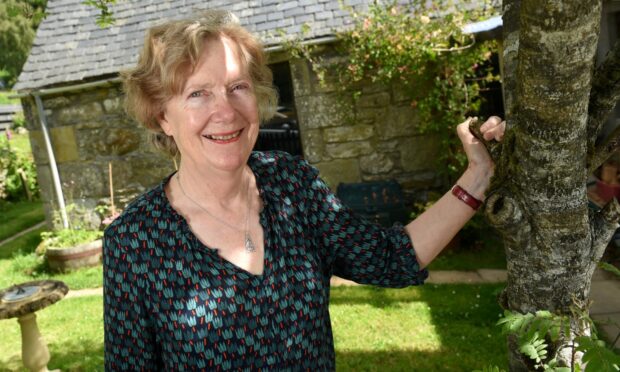
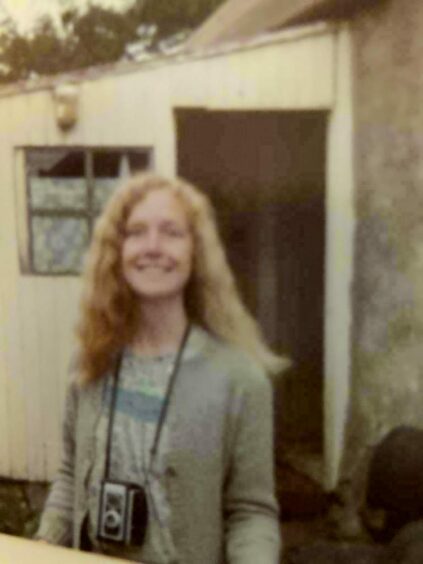
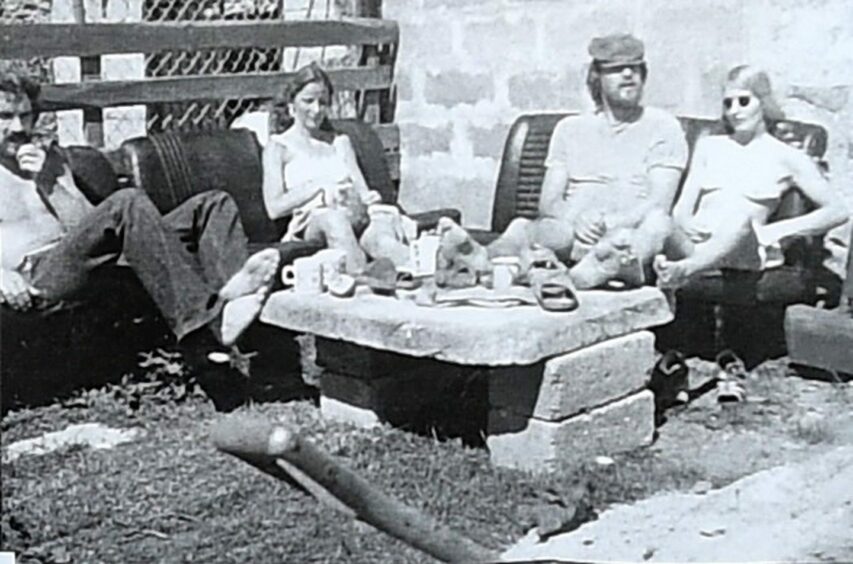
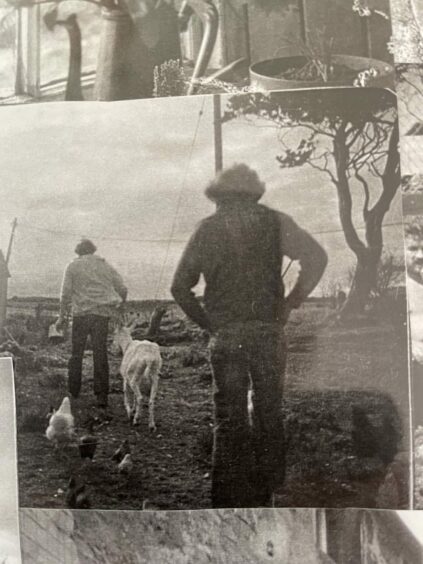
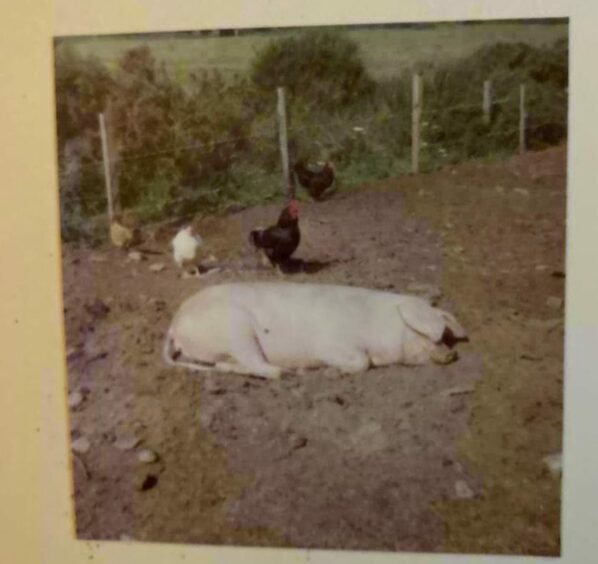
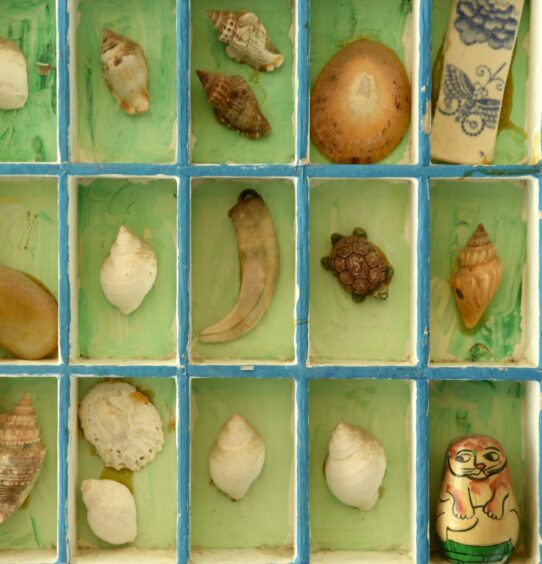
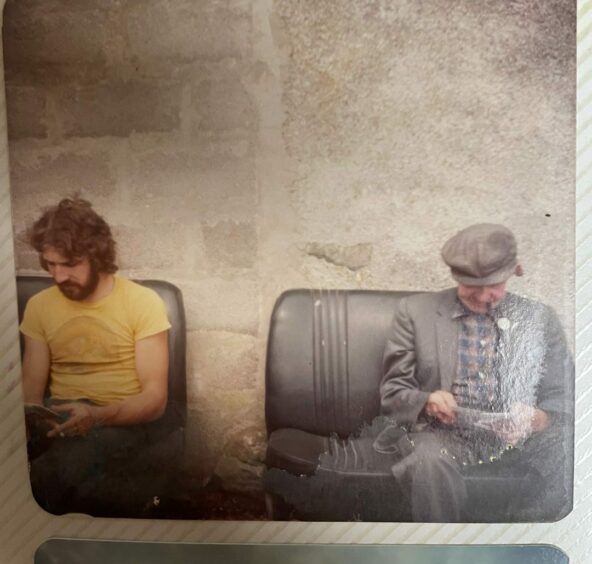
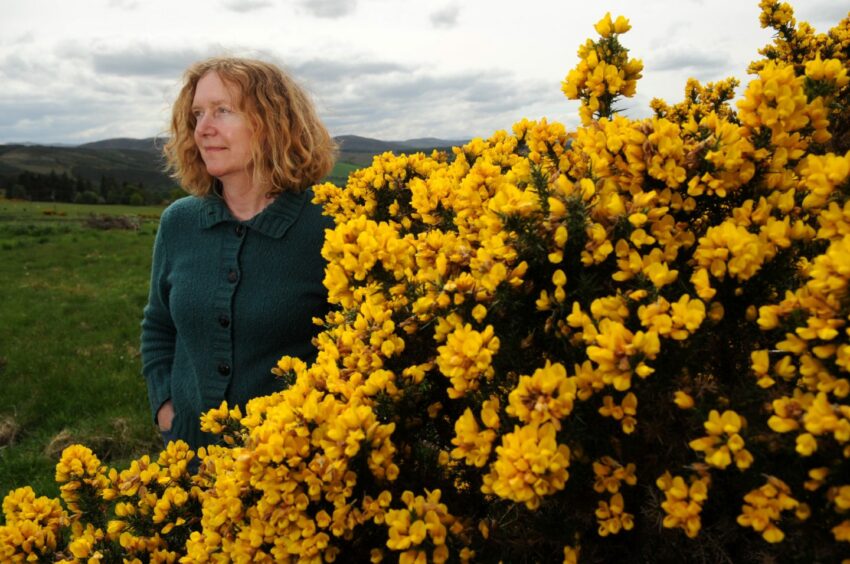
Conversation